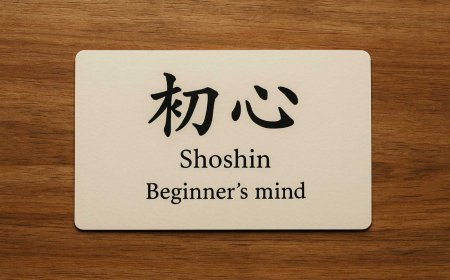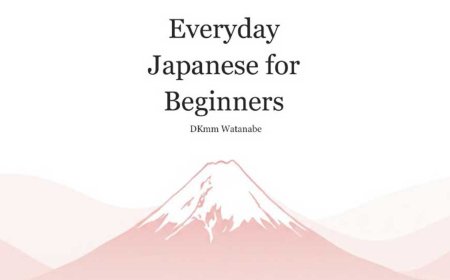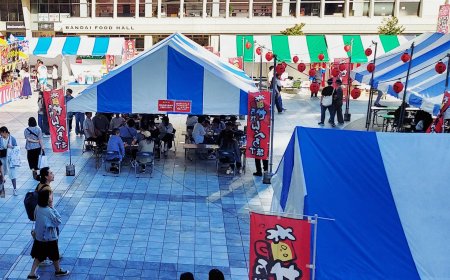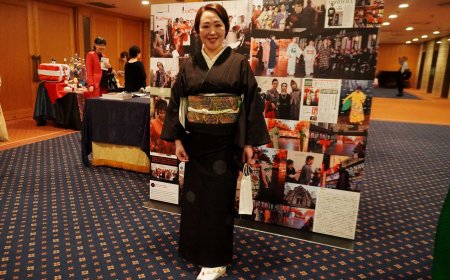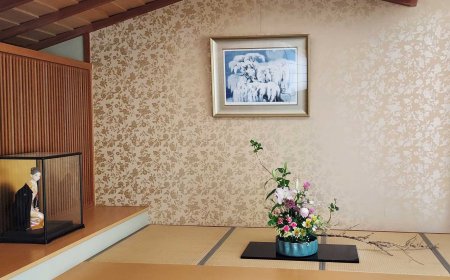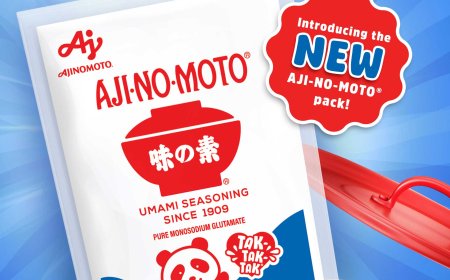The Japanese Salaryman: A Portrait of Dedication and Sacrifice
Japan's salaryman culture and the silent specter of karoshi lurking within its shadows.

Dedication and Overwork
In Japan, the salaryman stands as an iconic figure representing diligence, commitment, and sacrifice in the pursuit of success. With their distinct attire and rigorous work ethic, these white-collar workers play a crucial role in the country's economy and societal fabric. However, behind the facade of professionalism lies a darker reality—karoshi, or death by overwork, continues to haunt the lives of many salarymen, shedding light on the extreme pressures and expectations engrained within Japanese corporate culture.

The Rise of the Salaryman Culture
The origins of the salaryman culture can be traced back to Japan's post-war economic boom, where the concept of lifetime employment and loyalty to one's company became deeply ingrained in the fabric of society. Salarymen typically work long hours, often exceeding the standard 40-hour workweek, and adhere to strict hierarchical structures within their organizations. Clad in dark suits and ties, they navigate the concrete jungles of Tokyo and other major cities, commuting to work in packed trains and dedicating themselves to their professional duties with unwavering determination.
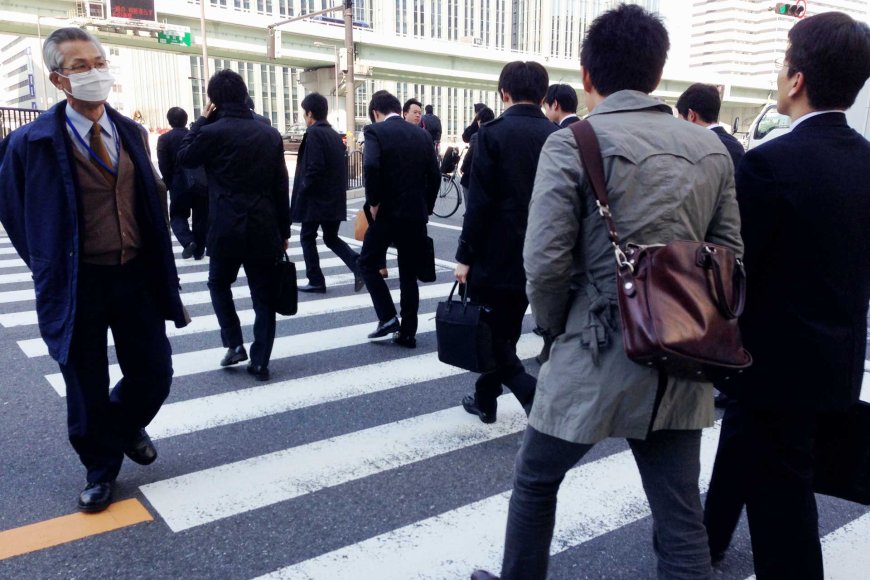
The Daily Struggles of the Salaryman
For many salarymen, the daily routine is marked by a relentless cycle of work, commute, and minimal leisure time. From early morning meetings to late-night overtime sessions, they prioritize the needs of their companies above their own personal well-being. The pressure to perform and meet stringent deadlines weighs heavily on their shoulders, often resulting in immense stress and burnout.

Karoshi: The Silent Killer
While dedication to work is commendable, the dark side of Japan's salaryman culture manifests in the form of karoshi. Defined as death resulting from excessive work-related stress, karoshi has claimed the lives of numerous individuals, sparking national debate and calls for reform. Prolonged work hours, lack of rest, and intense pressure to excel contribute to a toxic work environment where physical and mental health are often neglected.

Addressing the Karoshi Epidemic
In response to the alarming rates of karoshi-related deaths, the Japanese government has implemented various measures aimed at curbing overwork and promoting a healthier work-life balance. Reforms such as the introduction of "Premium Friday," where employees are encouraged to leave work early on the last Friday of the month, and the enforcement of stricter overtime regulations seek to alleviate the burden on salarymen and prevent further tragedies.

Cultural Shifts and Changing Attitudes
Despite these efforts, dismantling the deeply ingrained culture of overwork remains a daunting challenge. While younger generations exhibit a growing desire for greater work-life balance and job flexibility, traditional expectations and corporate norms continue to exert significant influence. Breaking free from the shackles of the salaryman mentality requires a fundamental shift in societal attitudes towards work, emphasizing the importance of well-being and personal fulfillment over relentless dedication to corporate success.
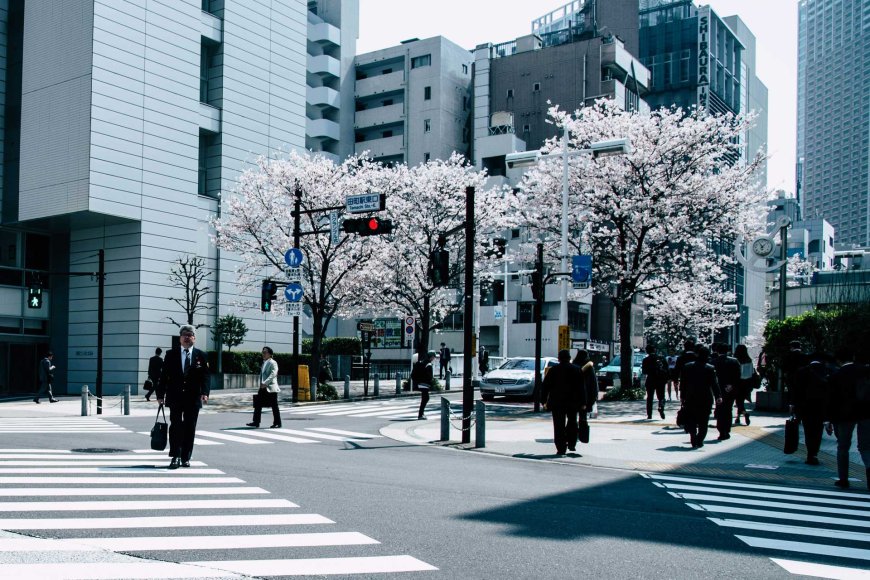
Embracing a New Era of Work
As Japan navigates the complexities of modernity and globalization, there exists a pressing need to redefine the role of the salaryman in the 21st century. Embracing innovation, fostering creativity, and prioritizing employee welfare are essential steps towards building a more sustainable and humane work culture. By championing diversity, inclusivity, and work-life balance, Japan can harness the potential of its workforce while safeguarding the health and happiness of its citizens.

The Japanese salaryman symbolizes both the resilience and rigidity of Japan's corporate culture. While admired for their work ethic and dedication, salarymen also bear the brunt of a system that prioritizes productivity over well-being. As the nation grapples with the legacy of karoshi, it stands at a crossroads, poised to embrace a new era of work that values the holistic needs of its workforce. Only by challenging outdated norms and fostering a culture of empathy and balance can Japan truly thrive in the ever-evolving landscape of the global economy.
Find Cheap Flight Tickets to any Destinations in Japan and the Philippines
Nipino.com is committed to providing you with accurate and genuine content. Let us know your opinion by clicking HERE.
